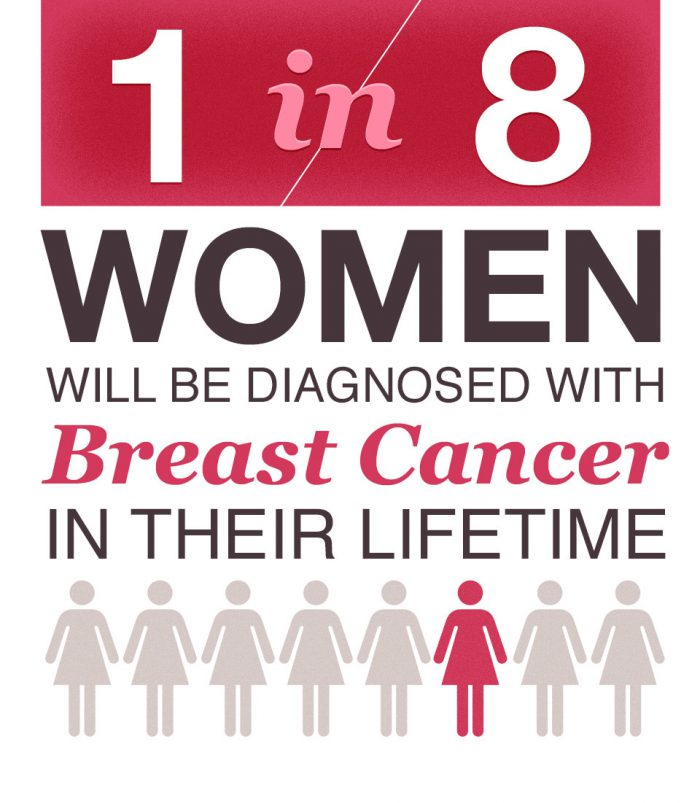October’s Breast Cancer Awareness Month draws attention to those impacted by the second deadliest cancer among women.
For Gail Prange, a Green Bay native, breast cancer was just the beginning to her 11 year battle with cancer. Prange was diagnosed with breast cancer in 2007 after a normal routine mammogram. Since then, Prange fought through 81 rounds of radiation, chemotherapy, and multiple mastectomy surgeries.
Gail Prange speaks about her battle with breast cancer.
“It was long, and drawn out, and it really sucked,” Prange said.
Prange said that her support system was the reason she survived.
“Everybody says, ‘you’re so strong.’ What are my options? I have a family, I have kids, I have a husband,” Prange said.
Prange was given a journal to keep track of her medicine, doctor appointments, and other reminders after her second relapse. Her friends wrote her notes and anecdotes in the journal to keep her spirits up during the chemotherapy sessions.
According to the Breast Cancer Organization, 1 in 8 women will be diagnosed with breast cancer in their lifetime. For IU sophomore Samantha Fox, that number may be a bit higher.
Fox’s mother was diagnosed with breast cancer for the first time in 2010, around the same time her grandmother was diagnosed with breast cancer for the second time. All three of Fox’s older siblings have also tested positive for the BRCA gene. Carriers of the BRCA gene are at a higher risk for developing breast cancer and are recommended to take major precautionary measures to lower the risks. Doctors often recommend carriers of the BRCA gene to have their breasts removed to prevent the cancer from developing. Fox is likely to be considered ‘high risk’ due to her family history.
Knowing the symptoms and doing self-checks are the best ways to catch breast cancer in its beginning stages.
Some symptoms to look for:
- Lump that feels like a frozen pea on the breast
- Swelling, soreness or rash
- Warmth, redness, or darkening
- Itching
- Bumps that resemble bug bites
If you notice any of these symptoms and they persist after three weeks, consult with your doctor.

